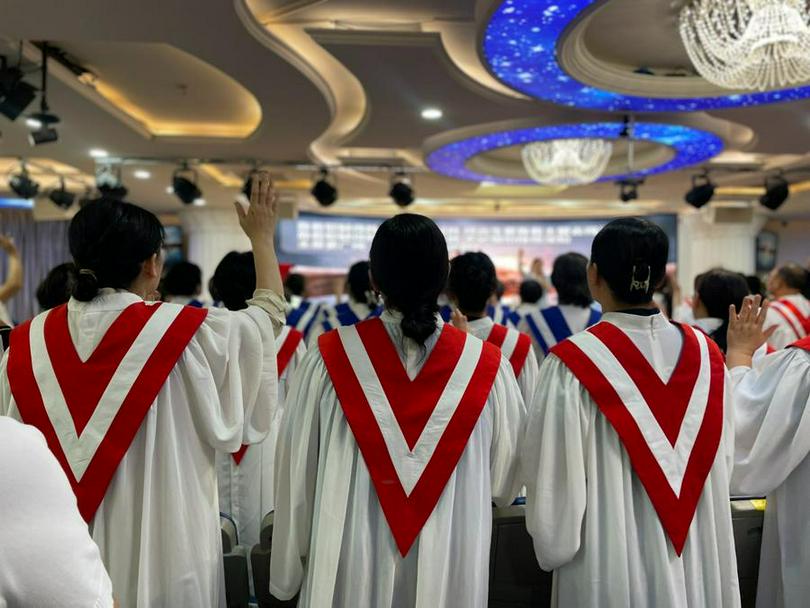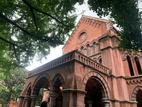Shenzhen Xiangmihu Church held a special communion service on Maundy Thursday to commemorate the night when Jesus gathered with his disciples before his arrest.
During the service, the pastor led the congregation in a meditation on the theme of "Fellowship in Love and Unity in Mission," drawing from John 13:1-17 and Matthew 26:26-30. He emphasized the example of Jesus, the creator of the universe, who showed his unconditional love to his twelve disciples by washing their feet. "If service is not rooted in love, it becomes merely a performance of duty," the pastor said.
He also shared the testimony of a Christian woman who had been purchasing food for an elderly person living alone for an extended period. When asked why she chose to help, she explained that she was learning to "wash feet" in the way Jesus did, rather than simply helping the senior. "A person who truly loves the Lord ministers from the heart," he added.
On the night before his arrest, Jesus also instituted the communion service, which the pastor described as having dual significance: remembrance and covenant. "Remembrance announces the Lord's presence with the church, and the new covenant through his blood enables Christians to become new creations, breaking free from their old selves," he said.
The pastor emphasized that communion represents belonging to a new body. Despite the diverse personalities of the disciples, they were united in Christ. "Love should be the advertisement for the gospel, demonstrating to the world what a group of Christians truly looks like," he said, urging the congregation to care for those around them, especially the needy.
"The communion represents our belonging to a new body. Despite the diverse characters of the disciples, they were one in Christ," he said. He concluded by noting that forming connections with others requires sacrifice and effort, but such actions will be recognized as love.
Following the sermon, the congregation participated in a reenactment of the Last Supper, with attendees grouped into twelve and receiving the bread and the cup at the front of the church.
- Edited and translated by Karen Luo












